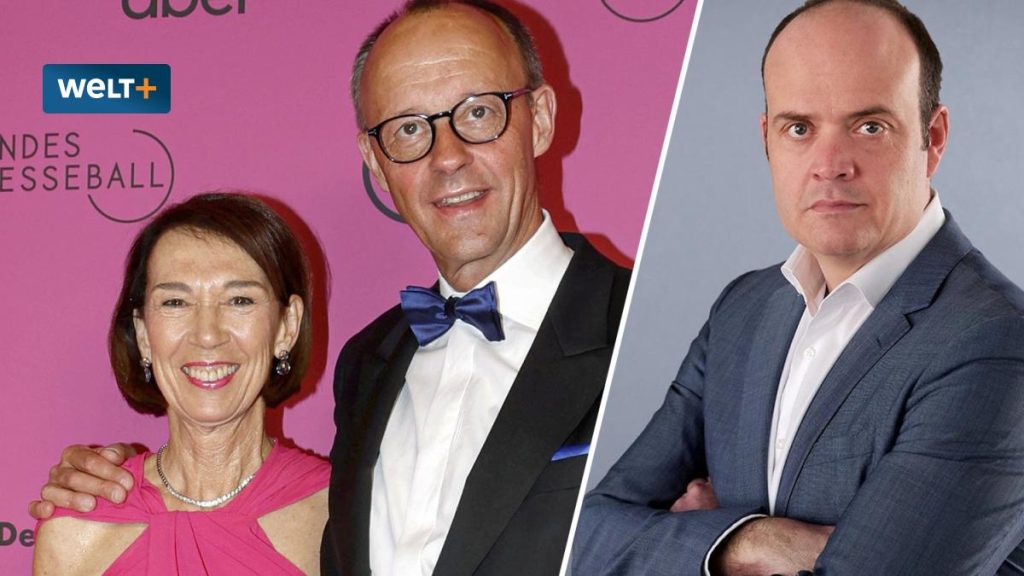In marathon negotiations, Angela Merkel was known for her patience and ability to work through complex issues. However, her successor as leader of the CDU, Friedrich Merz, takes a different approach. During a recent debate within the party over a key statement on Islam in the proposed basic program, Merz chose to step away from the discussions, leaving his party colleagues to work through the issue without him.
This decision reflects Merz’s focus on prioritizing his own agenda and commitments over getting involved in lengthy negotiations within the party. While some may see this as a lack of leadership or willingness to engage in important discussions, others may view it as a strategic move to maintain his own priorities and objectives.
The debate within the CDU over the statement on Islam highlights the ongoing tensions and divisions within the party over key issues such as immigration and integration. While Merkel’s approach may have been to engage in lengthy negotiations to reach a consensus, Merz’s decision to step back from the discussions suggests a different approach to leadership and decision-making within the party.
As Merz continues to navigate the complexities of leading the CDU, his approach to handling internal debates and negotiations will likely shape the party’s direction and policy priorities. By prioritizing his own agenda and commitments over getting involved in every debate within the party, Merz may be positioning himself as a leader who is focused on driving the party forward with clear priorities and objectives.
While some may question Merz’s decision to step away from the debate over the Islam statement, his actions may ultimately be seen as a strategic move to maintain his own agenda and objectives as he leads the CDU into the future. As the party continues to grapple with key issues such as immigration and integration, Merz’s leadership style and approach to decision-making will be closely watched by both party members and observers.
Overall, Merz’s decision to step away from the marathon negotiations within the CDU highlights his focus on prioritizing his own agenda and commitments as he leads the party forward. While some may see this as a departure from Merkel’s approach to leadership, others may view it as a strategic move to maintain control over the party’s direction and policy priorities. As Merz continues to navigate the challenges of leading the CDU, his approach to internal debates and negotiations will likely play a key role in shaping the party’s future.


